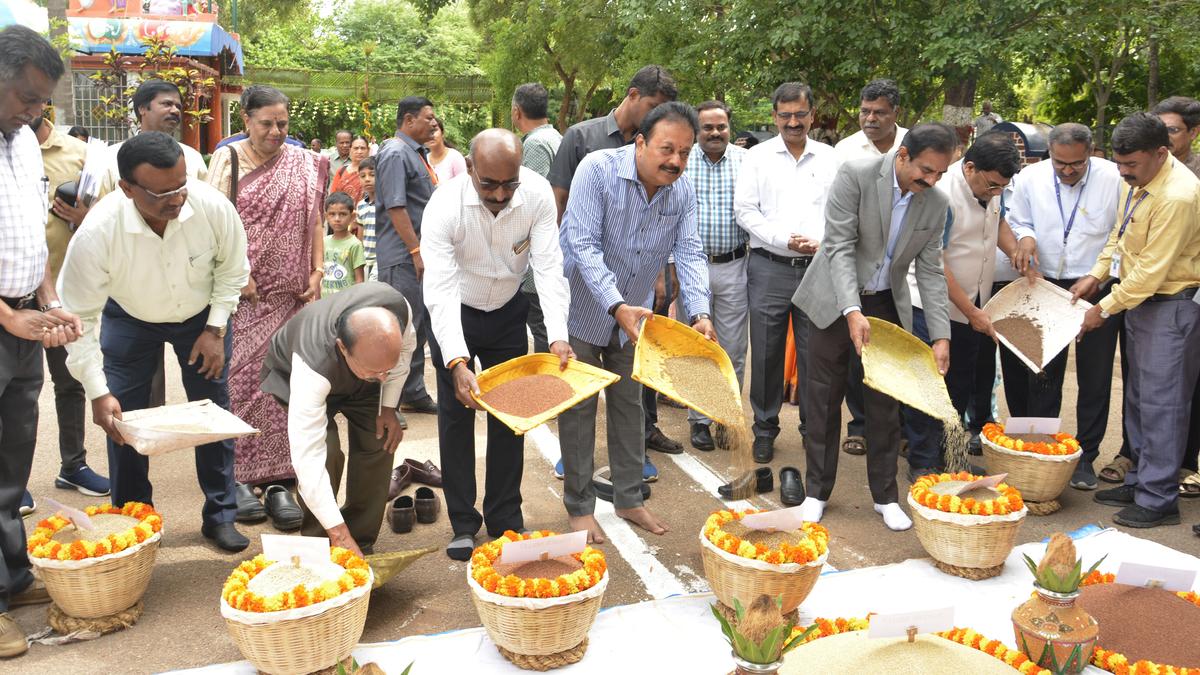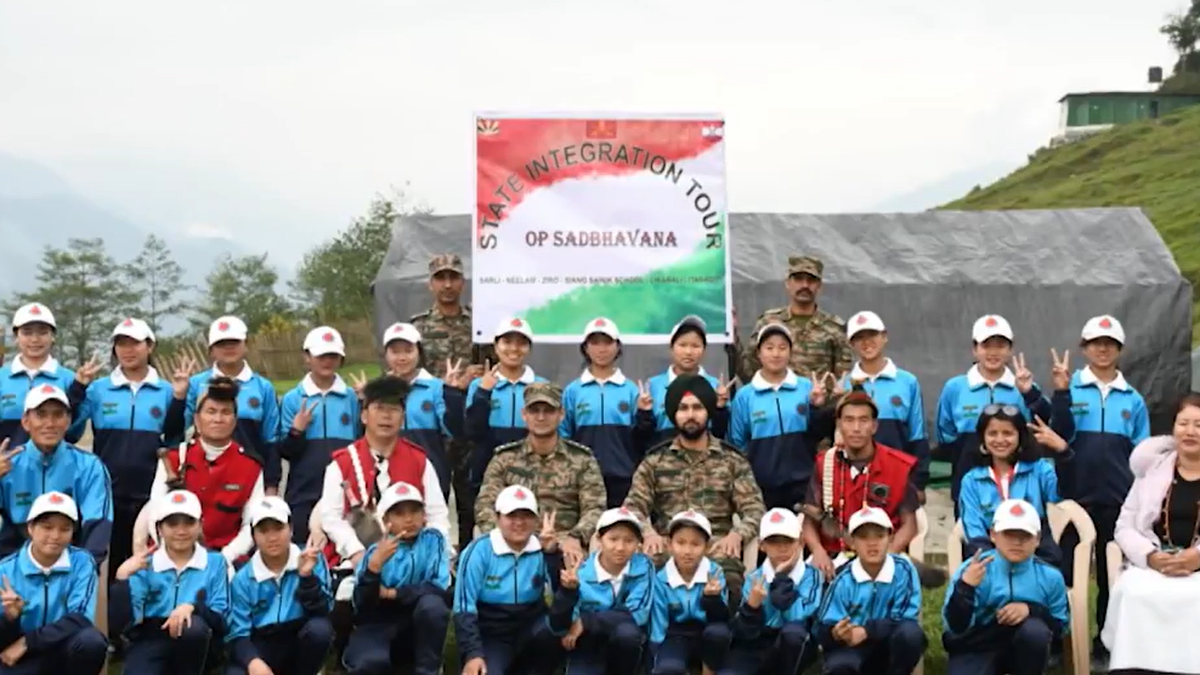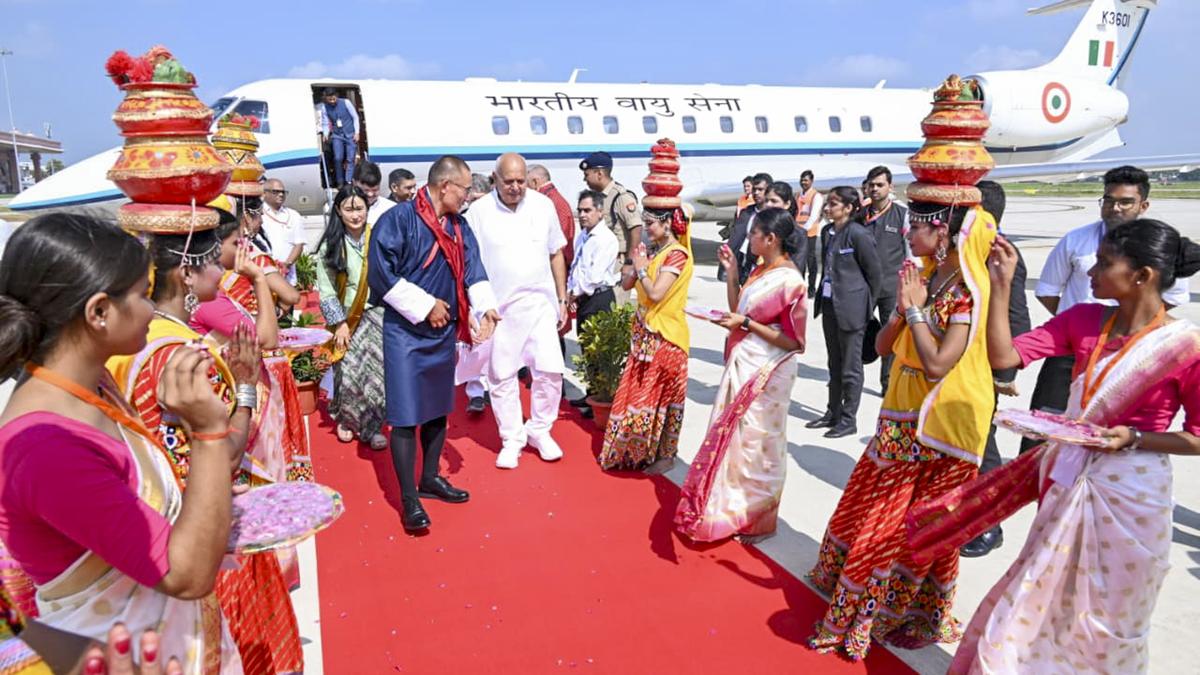Now Reading: Experts Call for Unified Agricultural Universities in Karnataka
-
01
Experts Call for Unified Agricultural Universities in Karnataka
Experts Call for Unified Agricultural Universities in Karnataka

Rapid Summary
- An expert committee led by T.M. Vijay Bhaskar recommended transitioning all agricultural and allied universities in Karnataka into integrated universities.
- The report was submitted too the karnataka government on September 4, 2025.
- Observations of the panel:
– Integrated farming is essential for lasting agriculture.
– Universities should adopt a unified approach covering multiple crops and methods to better serve farmers and eliminate compartmentalized systems focused only on agriculture or horticulture.
– Veterinary sciences integration can occur in the second phase due to specialized needs.
- Indian Council of Agricultural research (ICAR) is also considering integrated university models for promoting sustainable farming practices.
- Recommendations would map each university’s geographical jurisdiction while ensuring their operational independence without closing any existing institutions or reducing their autonomy.
- Stakeholder consultations included farmers, academicians, students, and experts; benefits include reducing duplication of resources and costs.
- Some reservations were expressed by University of Horticultural Sciences-Bagalkot regarding changes in its structure.
- The concept gained traction amid recent structural changes within agricultural educational institutions.
Indian Opinion Analysis
The advice to establish integrated universities for agriculture and allied sectors signals a shift towards a unified framework aimed at boosting sustainability through extensive curricula. Such restructuring could enable academic institutions to better address multidimensional challenges faced by farmers while fostering integrated farming methods that optimize available resources-critical given India’s reliance on agriculture.
The proposal reflects ICAR’s alignment with similar strategies at the national level, indicating broader support for systemic transformation across India’s agricultural education landscape. However, stakeholder concerns highlight potential friction over preserving specialized expertise versus embracing inclusivity under integration schemes, which policymakers must address sensitively.
Karnataka’s historical push toward subject-specific universities suggests some resistance may stem from efforts to safeguard institutional legacy; nonetheless, if achieved effectively with phased implementation like recommended veterinary exclusions initially, this initiative might balance innovation with gradual adaptation-a promising model for other states considering reforms in agricultural education systems.



























